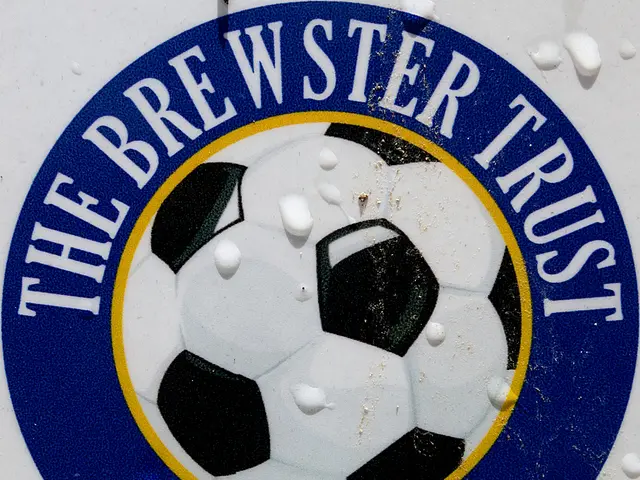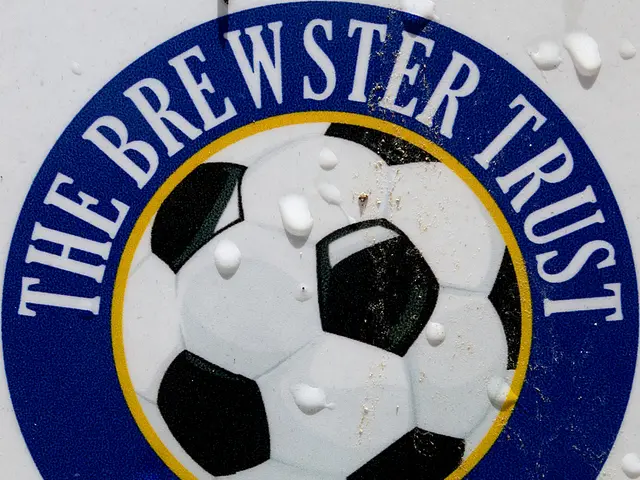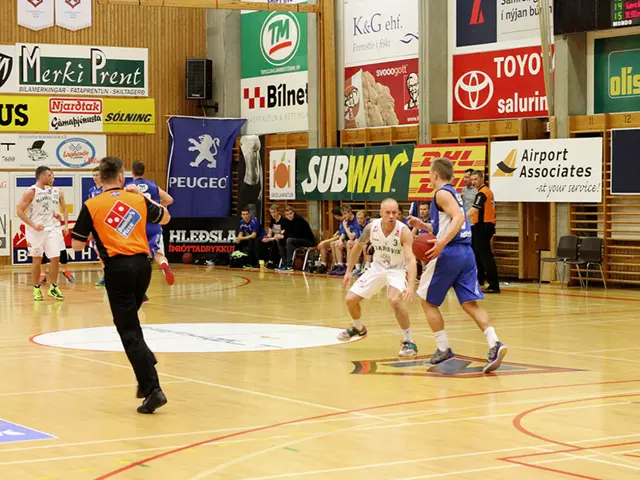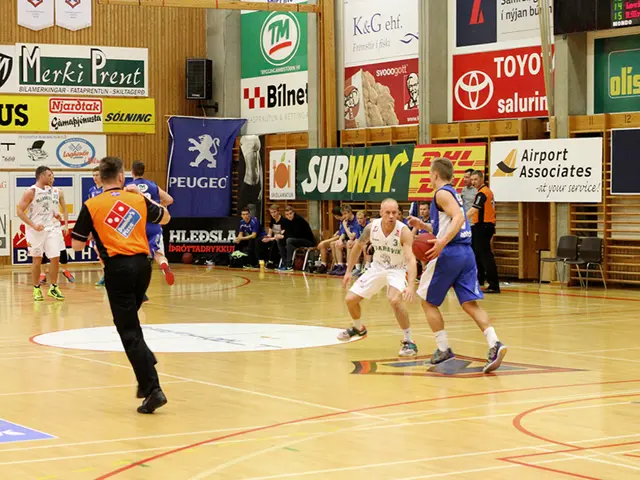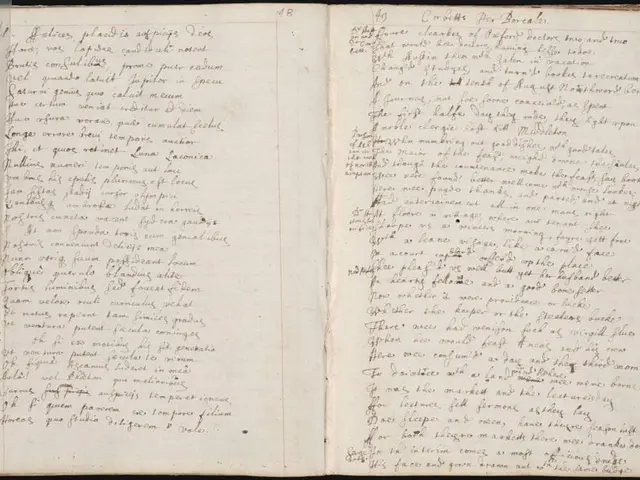Discontent, Irritation, Disillusionment: Arsenal Struggling with Loser Reputation - Discontent, irritation, dismay: Arsenal's Reputation as a Losing Team
In the heart of London, Arsenal FC is on a quest to shake off the disappointments of the past and establish itself as a dominant force in the Champions League. "We've created a lot of frustration, anger, and disappointment," Mikel Arteta, Arsenal's coach, admits before the semi-final return leg against Paris Saint-Germain. It's time to channel that energy into an "outstanding performance."
The team suffered a 0:1 loss in the first leg last week, and fans are eager for a change of fortune. They've had enough of watching other clubs claim the trophies season after season. Arsenal boasts a modern stadium and a €120 million transfer like Declan Rice, yet it's still saddled with a "loser image." The London club has struggled in the Champions League finals since 2000, and there have been three more knockout defeats in the Champions and Europa Leagues.
"Arsenal FC is a big club, but not on the international stage," says TV expert and long-time England pro, Dietmar Hamann, in a "Kicker" interview. The "New York Times" even goes as far as saying Arsenal looks like a "lanky teenager in a room full of handsome 21-year-olds" in a Champions League semi-final featuring PSG, Barcelona, and Inter Milan.
Two influential figures are determined to change the narrative: Spanish coach Mikel Arteta and German World Cup winner, Per Mertesacker. Both joined Arsenal in 2011, and they're now relentlessly working to elevate the club to new heights.
The Arsène Wenger Legacy
Mertesacker took over the youth academy in 2018, and Arteta returned as head coach in December 2019. Both have been significantly influenced by Arsène Wenger, who managed Arsenal from 1996 to 2018 and was present in the stands for the first leg against PSG. "If you look at the success we had during our time, we played a few Champions League seasons and won a few FA Cups," Mertesacker told news agency PA. "That was okay, but not outstanding. Now we want to build something that the club might be more successful with in the future."
Their interim record is promising, leading Arsenal back into the Champions League in 2023. This season alone, two top talents from Mertesacker's academy, Myles Lewis-Skelly (18) and Ethan Nwaneri (18), have made it into Arteta's first team.
But the ghost of a José Mourinho quote from two years ago still lingers: "The manager is top. The team has a great future. But they win nothing." Arsenal fans eagerly await proof that their team can finally turn their promise into title-winning performances.
Tactical Shifts and Mental Strength
The team has become more tactically adaptable, emphasizing their set-piece prowess and physical presence on the ball. Capitalizing on aerial and physical advantages in the box, Arsenal aims to challenge PSG's goalkeepers during set pieces. Utilizing players like Jakob Kiwior for long passes and drawing opponents out of position, they're seeking to exploit transitional moments and counter-pressing opportunities.
Arsenal's defensive strategy also includes maintaining composure, with only 10 goals conceded in the Champions League so far, a strong possession rate (52%) and passing accuracy (86.08%), helping them control matches and limit opposition opportunities.
Aware of PSG's speed and counterattacking threat, Arsenal's strategy includes being cautious not to overcommit, especially given their need to score in the second leg. This disciplined approach is designed to avoid opening up at the back while still posing an attacking threat.
Mental resilience has become a cornerstone of their Champions League campaign. Managing frustration during high-pressure moments and using setbacks as motivation is critical to overcoming the "loser image" and achieving Champions League glory.
With their sights set on the 2024/25 Champions League final, Arsenal FC is demonstrating a newfound passion and determination to overcome their past disappointments and secure the ultimate accolade in European football. It's time for Arsenal to ditch the label of perennial underachievers and step boldly into the ranks of champions.
- Frustration
- Champions League
- FC Arsenal
- Paris
- Mikel Arteta
- Championship Final
- London
- Per Mertesacker
- Arsène Wenger
- DAZN
- Clean Sheets
- Passing Accuracy
- Possession
- Counterattacking Threat
- Disciplined Approach
- Mental Resilience
- Tactical Adaptability
- Mikel Arteta, Arsenal's coach, admitted that the team has caused frustration, anger, and disappointment among fans due to their past performance in the Champions League.
- Arsenal FC, a big club in London, is making a push to solidify its status as a dominant force in the Champions League, seeking to break free from the "loser image" that has lingered for years.
- Per Mertesacker and Mikel Arteta, two key figures within Arsenal, are working tirelessly to change the club's narrative and elevate it to new heights in the Champions League.
- Arsène Wenger, who managed Arsenal from 1996 to 2018, has had a significant influence on Mertesacker and Arteta as they seek to bring Champions League glory to the club.
- Arsenal FC aims to ditch the label of perennial underachievers and assert its place among the champions in the 2024/25 Champions League final by demonstrating a newfound passion, determination, and tactical adaptability in all aspects of their game.

